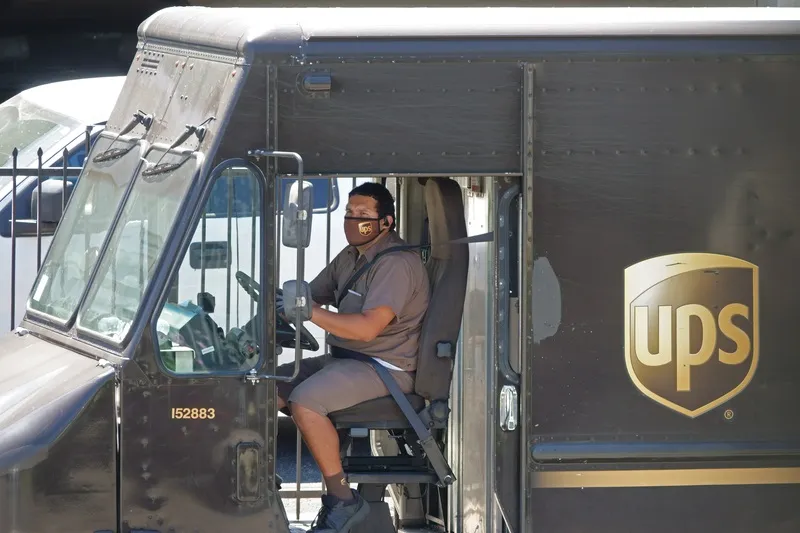Three-quarters of Brits do not expect to see artificial intelligence (AI), Internet of Things (IoT) or machine learning (ML) used in transport in the next five years, says
Eight out of 10 respondents to a survey for the Japanese tech firm also do not anticipate the use of facial recognition for security purposes in that time.
Despite this, the British public welcomes new technology used in transport, with more than a third of respondents saying that technologies such as contactless payments have made journeys more efficient.
Additionally, six out of 10 people are pleased with the availability of contactless or smartphone payments at security barriers - while more than half consider route planning services such as
Rabih Arzouni, Fujitsu’s chief technology officer for transport, says: “It is clear that passengers welcome the use of new technologies, but the data highlights that consumers are sometimes not necessarily aware they are benefiting from these services, in the same way they enjoy features like contactless payments.”
Arzouni believes that consumer expectations of future technologies may be “dampened” by the lack of exposure to back-end use of AI, IoT and ML on their journeys.
“These technologies are already providing the foundations for more personalised, efficient transport services, and so operators must ensure they communicate how, where and why new technologies are being used to improve services,” he continues. “In doing so, operators will help engender positive customer sentiment for the work they are doing, which is crucial for the future health of their relationship with passengers, in the face of increasing competition from private transport entities.”
The research was carried out by survey consultant Censuswide.
Most Brits do not expect new transport tech anytime soon, says Fujitsu
Three-quarters of Brits do not expect to see artificial intelligence (AI), Internet of Things (IoT) or machine learning (ML) used in transport in the next five years, says Fujitsu.
Eight out of 10 respondents to a survey for the Japanese tech firm also do not anticipate the use of facial recognition for security purposes in that time.
Despite this, the British public welcomes new technology used in transport, with more than a third of respondents saying that technologies such as contactless payments
April 16, 2019
Read time: 2 mins









